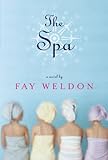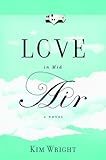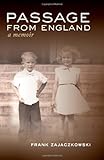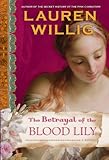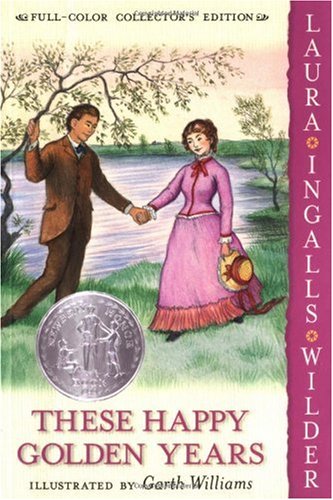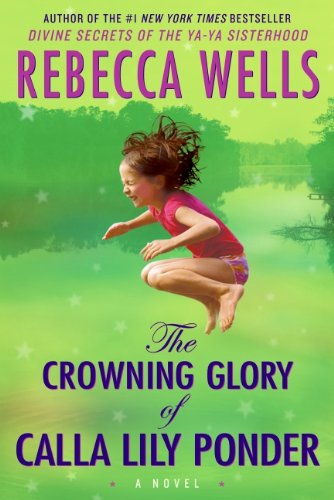On Thursday, August 26th, Booking through Thursday asked:
If you’re not enjoying a book, will you stop mid-way? Or do you push through to the end? What makes you decide to stop?
I try very hard always to finish books. There are some that have slow beginnings, but then surprise me pleasantly once I’m partway in, for example, and some that end up having one scene that is just so good, even if the rest of the book is bad, that scene will redeem the entire work.
Once in a while, however, there’s a book that doesn’t work for me. In fact, I’ve just decided tonight to stop reading Fay Weldon’s The Spa. Known as The Spa Decameron outside the United States (because apparently publishers think we Americans don’t get literary references), this is a modern dress pastiche of Boccaccio’s The Decameron set at a froufrou health spa over Christmas. The outside world is dealing with the Sumatran Flu (think Swine Flu), and this group of women have gathered at the Castle Spa to refresh, relax, and reinvigorate themselves.
The description sounds like something I’d love, which is why I picked it up (though of course the dust cover doesn’t mention Boccaccio), but the reality of this book is that, in spite of the lovely notion of a bunch of women telling their stories while sipping champagne and soaking in a jacuzzi, each trying to one-up the other, it’s overwhelmingly boring. I mean, these chicks put the idle in “idle rich,” and they are selfish and self-obsessed to the point that it becomes unendurable to read about them.
And so, as much as I hate to, I am closing the book on The Spa roughly 70% of the way through, else I decide to gouge my eyes out with rusty spoons.
Look, I don’t need a happy ending, but it would be nice if I could identify with – or at least like at least one of the characters I’m reading with.


